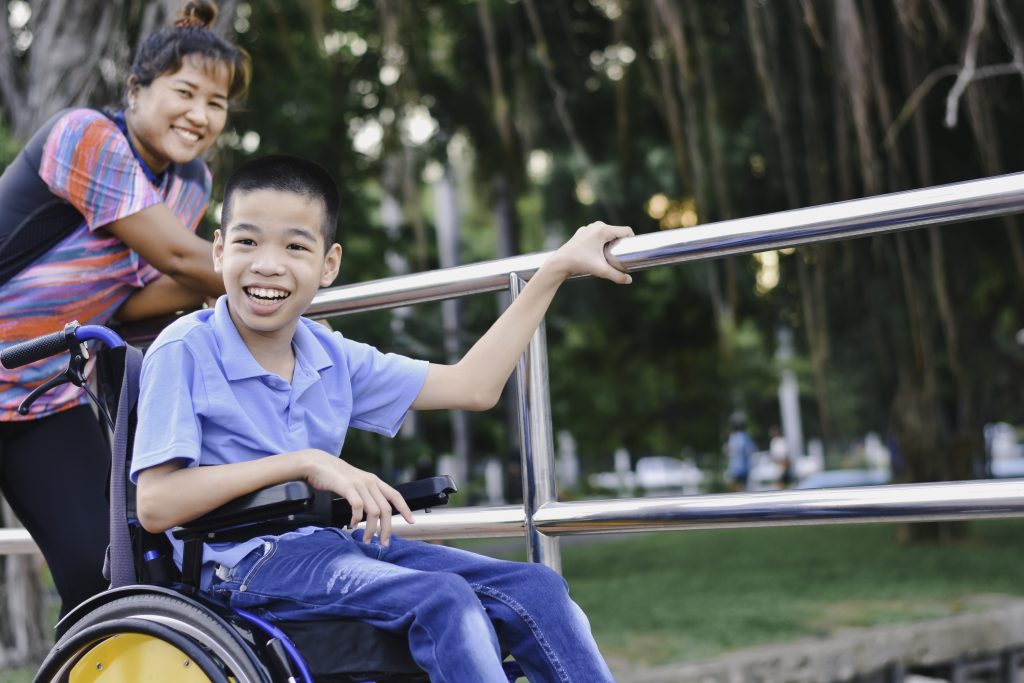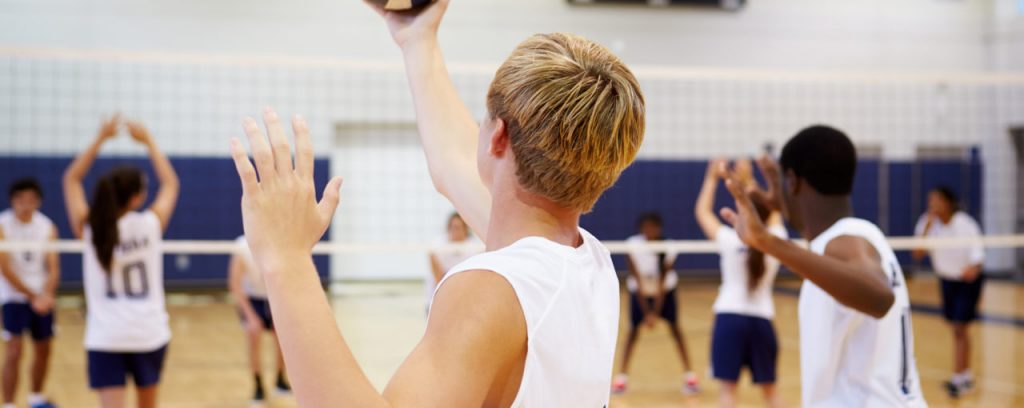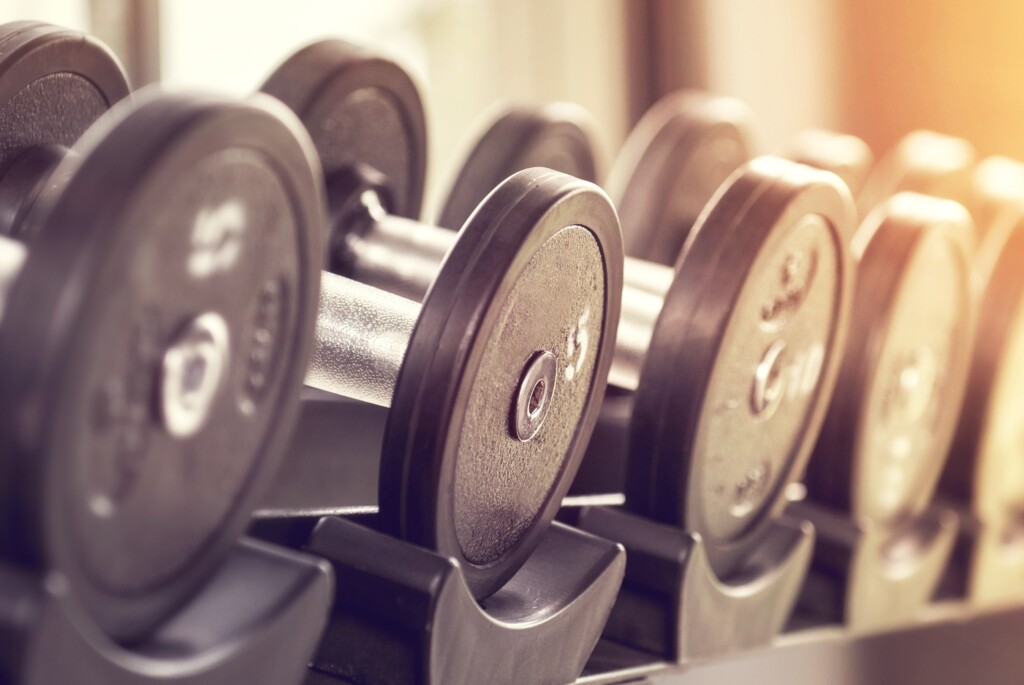Sleep Infographic
Is getting better sleep one of your New Year’s resolutions? Sleep is essential in the preparation for, and the recovery from, training and competition. However, youth athletes who obtain less than eight hours of sleep per night may be at a higher risk of injury. Find out more in this infographic.
Concussion Newsletter – December 2019
It might be surprising to hear concussions are a serious risk in the sport of volleyball, but research revealed 1 in 10 youth athletes will sustain a concussion on the court this year. Learn how Volleyball Canada is using the evidence to inform policy and practice relating to equipment and drills in the SIRC December…
Including Children and Youth with Disabilities in the 24-Hour Movement Guidelines

Engaging in regular physical activity, getting enough sleep, and limiting time spent inactive are well known and evidence-based prescriptions for the promotion of overall health and well-being(Tremblay et al., 2016). In fact, the Canadian 24-Hour Movement Guidelines for Children and Youth (ages 5-17) — which consolidate the evidence-based daily requirements for physical activity and inactivity, as well as sleep, into a single…
Coach 2 Coach Blog: Social Media
As a coach, establishing social media boundaries with your athletes requires an intentional approach. Coaches should consider the age of their athletes, their personal coaching pedagogy, and the purpose for interacting on social media. Learn more in the Coaches Association of Ontario’s Coach 2 Coach blog.
Physical Activity in Childcare
Parents often rely on childcare providers to provide children with their daily physical activity. However, research shows childcare providers often lack the skill and confidence to ensure children meet the recommended guidelines for physical activity. Learn more in The Conversation.
ReBoot Intramurals
Research shows girls’ participation in school-based intramural programs is low. PHE Canada’s ReBoot Intramurals initiative is designed to boost the quality of programming to ensure girls have positive experiences that will shape their physical activity attitudes and behaviours for life. Watch the video to learn more, and download the practical toolkit.
Weight Training for Children
Is weight training appropriate for children and youth, or does it risk damaging growth plates and stunting growth? A review of the literature in the SIRCuit provides parents, coaches and athletes with the facts.
SIRCuit Fall 2019
The Fall SIRCuit is now available! Check out our newest collection of articles, providing timely and relevant research and insights relating to leadership, athlete development, and high performance sport: Increasing Distinction in Para Sport Event Management MATCH: Spotlight on a Canadian Study on Sport Participation Is There a Role for Weight Training in the Physical…
MATCH: Spotlight on a Canadian Study on Sport Participation

In this day and age, everything is at our fingertips. However, the investigation of complex behaviours is still a process that takes time. The intricate nature of sport and physical activity behaviour, especially amongst children and adolescents, is an area that many Canadian policy makers, administrators and other sport system stakeholders are trying to better…
Is There a Role for Weight Training in the Physical Development of Children?

Once considered a fringe activity, weight training has grown in popularity in the last 20 years due to its benefits for improving health, physical fitness, and performance. Weight training is often included in high school physical education classes and promoted for young athletes as a supplement to sport training. However, various myths regarding weight training…